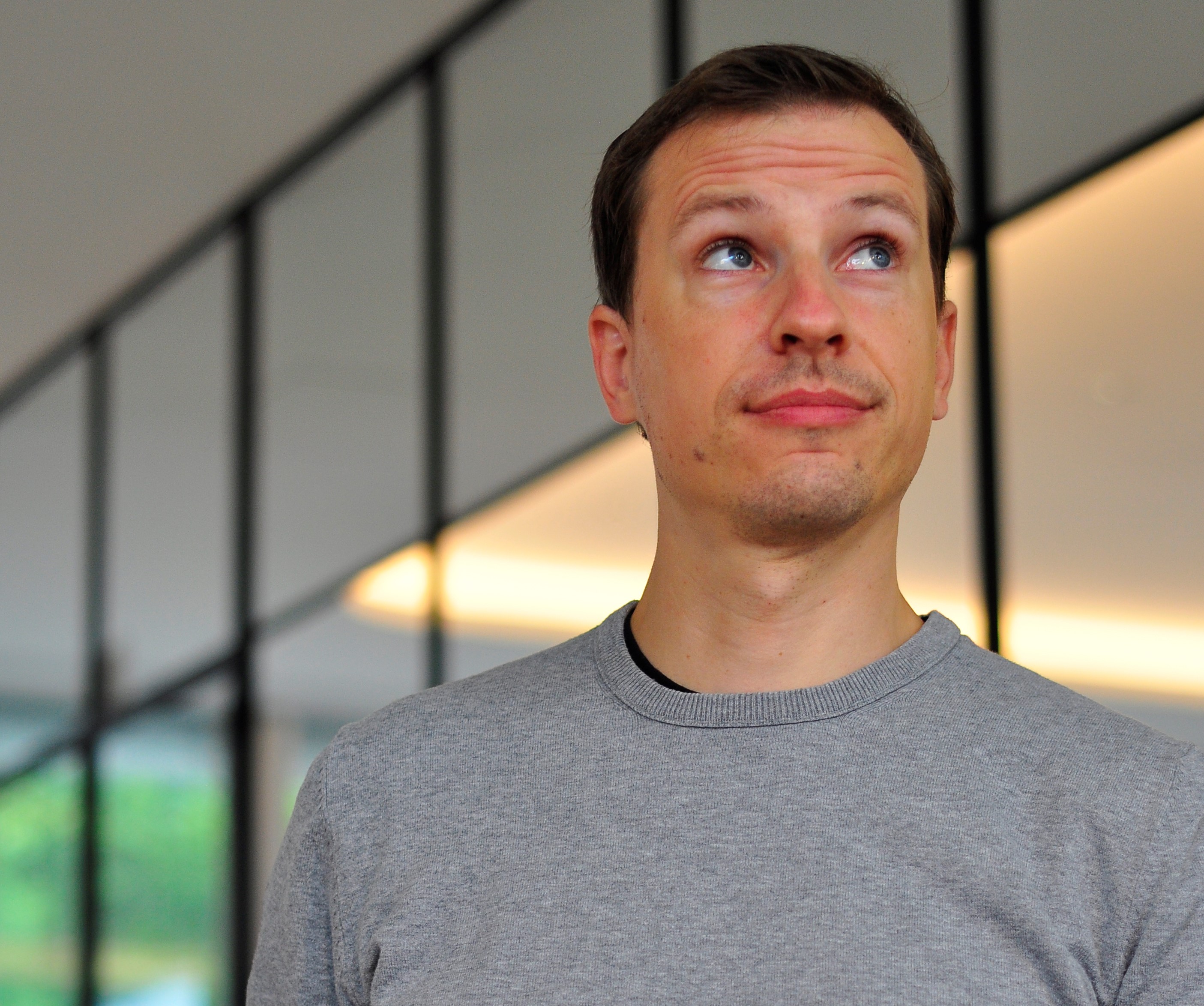Commission launches internet fee consultation full of biased questions
The European Commission has launched an “exploratory questionnaire” about telecom corporations wishing to levy an internet fee from online content providers. EDRi’s response outlines why that’s a ludicrous idea, a threat to net neutrality, and bad news for all internet users.
The European Commission’s “exploratory questionnaire” about the so-called Sending Party Pays idea—or “fair share” as the telecom lobbyists call it—is full of biased questions and misunderstandings of how the internet works.
For over a decade, large global telecom corporations and internet providers have been lobbying for an internet fee in which content providers like Netflix, Youtube and public broadcasters would pay the telecoms industry for letting their online content flow through their networks. It looks like the Commission has heard them, despite such an internet fee having been consistently rejected by governments, legislators, and regulators across the EU and around the world.
EDRi has therefore responded to this questionnaire in line with the quasi unanimous criticism by experts: Nothing has changed in the past 12 years that would merit a direct payment scheme where telecom corporations get paid twice for the same service: first by consumers who pay for their internet connection at home, and then by content providers who make online content available to those consumers.
A flawed premise
In fact, the entire premise on which such an internet fee—and the Commission’s questionnaire—are based, is fundamentally flawed. It wrongly implies that online content providers like video streaming services and public broadcasters were “generating” traffic and imposing it on network operators with no interaction by and little benefit for consumers. This creates a false causal link between costs for telecom operators and traffic increases; a type of “free-riding” of content providers which BEREC has disproven in their preliminary analysis in 2022 and in previous investigations in 2012 and 2017.
In reality, however, it is consumers who demand and download videos and other large volume content from the internet. For example, when a streaming service puts 1,000 terabyte of films on a server and makes it accessible to the internet, that creates zero traffic. Only once consumers stream those films via their internet provider’s network is any traffic being generated by them. Of course, the more films consumers request, the more traffic they generate, and that is exactly what they pay their internet provider for—if not what else?
Ironically, until the European Court of Justice recently prohibited the practice of zero-rating, telecom corporations were incentivising traffic from large tech companies by not counting that traffic towards their subscribers’ data volume, effectively encouraging their customers to use more—and even unlimited—data from them. Now they are turning around and say that data will swamp, congest, and ruin their networks. It can’t be both.
Network fees won’t help public infrastructure, just private profits
The Commission claims that there was a need for “all digital players” to “contribute in a fair and proportionate manner to the costs of public goods, services and infrastructures to the benefit of all people living in the EU”. Yes, but telecom networks that make up the internet are not public infrastructure, are they? They are privately owned by some of the wealthiest corporations in the EU with billions of Euros of annual net profits.
Any additional financial contribution would benefit their owners and shareholders, not the public. Those networks also don’t generate value on their own. Nobody pays a subscription fee to be in a telecom network. It’s the content providers that create demand for internet access services and thereby for the product that telecom companies sell.
While it is tempting to think that additional internet fees would be used to improve those telecom networks, the evidence suggests the opposite. A study of the countries that charged the highest telephony access fees found a negative correlation between high fees and advanced telecom infrastructure deployment. In other words, high access fees harmed infrastructure deployment instead of fostering it.
If the EU wants to ensure that large tech companies like Netflix and Youtube contribute more to public utilities, the Commission should push for higher corporate tax. The so-called “fair share” idea as lobbied for by the telecom industry only helps the private profits of companies that happen to own physical networks and have political influence in key EU countries.
Ultimately, Sending Party Pays is the business model of the telephony era and it would be drastic departure from the open internet we know today. That is why we—together with consumer organisations like BEUC and the European telecom regulator BEREC—consistently raise concerns about the risks to net neutrality.
EDRi and its members will continue to oppose threats to net neutrality and the open internet as well as unfair attempts by big industries to milk content providers, and eventually consumers, for maximising their profits.

